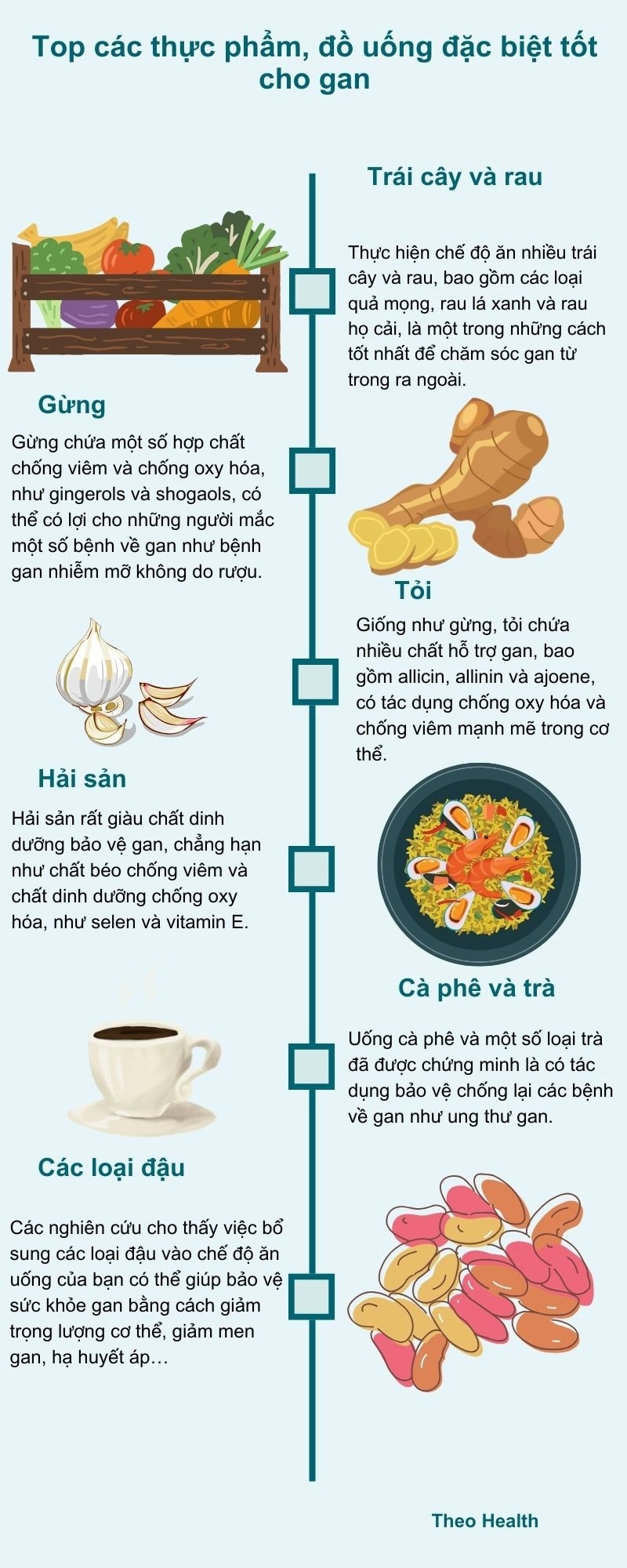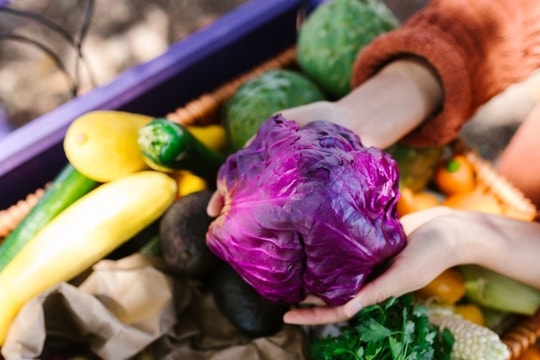9 foods that are liver saviors, should be eaten daily
Foods that support liver health often contain lots of fiber, antioxidants, or healthy fats. Avoiding certain foods can also help your liver recover.
The liver is part of the body's natural detoxification system, helping to filter toxins and waste from the blood.
The liver is responsible for more than 500 important functions in the body. It helps digest food, makes important proteins for the blood, and removes toxins and waste from the body, among other functions. So it is important to take care of your liver.
According toGoodRx HealthFoods that support liver health are often high in fiber, antioxidants, or healthy fats. These include berries, cruciferous vegetables, beans, nuts, and fatty fish. Avoiding certain foods, such as processed foods and alcohol, will also help your liver recover.
Diet plays an important role in protecting your liver so it can function properly. This is true whether you have a healthy liver or a liver disease. Here are the best foods that can boost liver health or help repair some of the damage.
Cruciferous vegetables
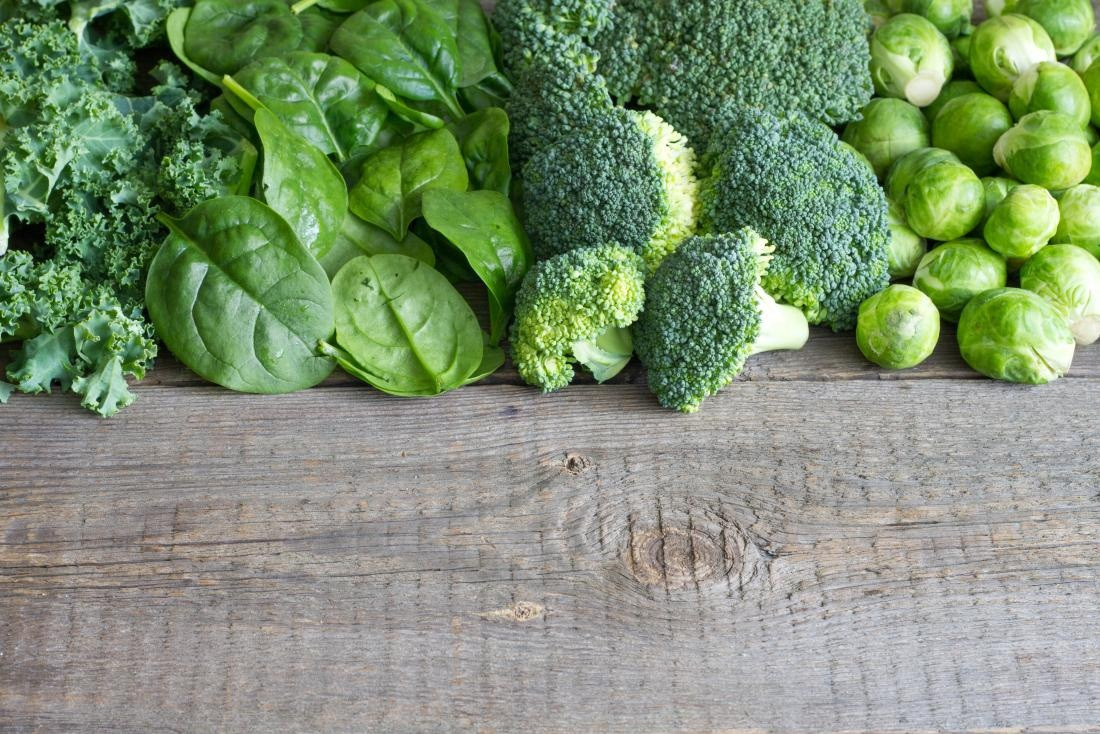
Cruciferous vegetables offer many health benefits. Photo: Medical News Today
If you like broccoli, you're in luck. This cruciferous vegetable, along with cauliflower, Brussels sprouts, and collard greens, is great for your liver. It's a good source of fiber, which supports liver health. Plus, it contains antioxidants and phytochemicals that may help prevent liver cancer.
Berries
Blueberries, strawberries, and raspberries should be added to your meals and snacks because they are rich in fiber. Berries are also rich in antioxidants, including substances called anthocyanins. Test-tube and animal studies have linked the powerful antioxidants in berries to reduced liver damage.
Grape
Like berries, grapes contain fiber and antioxidants. More specifically, grapes contain an antioxidant called resveratrol. This may help prevent further liver damage in people with non-alcoholic fatty liver disease.
Studies show that people with non-alcoholic fatty liver disease who take resveratrol supplements made from grape extract may have less liver inflammation.
Non-alcoholic fatty liver disease can be made worse by a process called oxidative stress. Antioxidants such as resveratrol can help counteract this process.
Nuts
Nuts are high in healthy unsaturated fats, making them a good addition to your diet for a variety of reasons. One study found that eating 28 grams of walnuts a day (a small handful), along with a Mediterranean diet, may reduce the risk of non-alcoholic fatty liver disease.
Another study found that a diet higher in nuts was associated with a reduced risk of non-alcoholic fatty liver disease, especially in men.
Beans
The American Liver Foundation recommends reducing saturated fat and red meat in your diet. A great way to do this is to occasionally replace red meat with beans, lentils, and chickpeas. These beans are low in saturated fat and a source of fiber, a perfect combination for protecting liver health.
Fatty fish
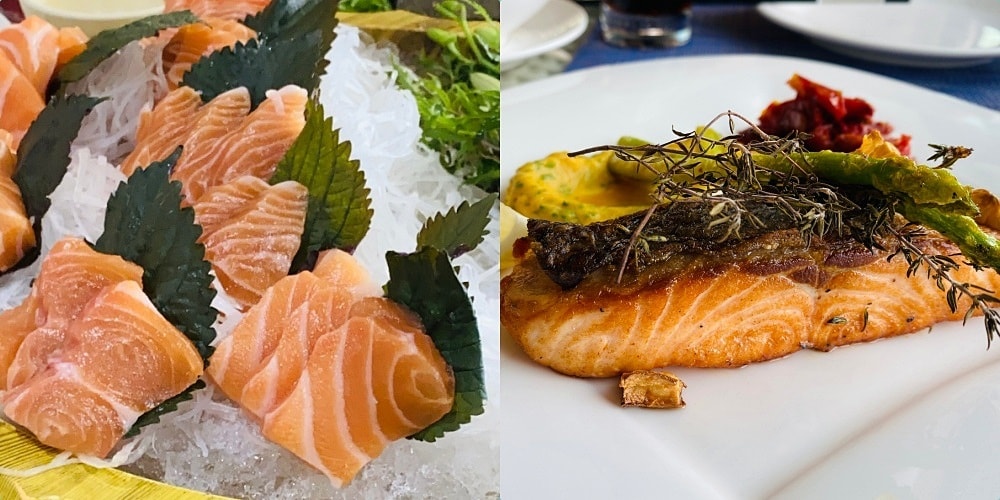
Fatty fish is a good source of omega-3 for the liver. Illustration: NP
Fatty fish, such as salmon, are good sources of omega-3 fats. Non-alcoholic fatty liver disease is linked to a diet too high in omega-6 fats (such as from vegetable oils and seeds) and too low in omega-3 fats.
So eating more fatty fish can help redress this balance. Omega-3 fats may slow the progression of non-alcoholic fatty liver disease.
Coffee
Coffee is good for liver health, but it is best not to overdo it with sugar, as excess sugar is not good for the liver. Coffee has anti-inflammatory and antioxidant properties, and both decaffeinated and caffeinated coffee have benefits.
Studies show that a substance in coffee called diterpenes may help detoxify, which may benefit people with cirrhosis.
Tea
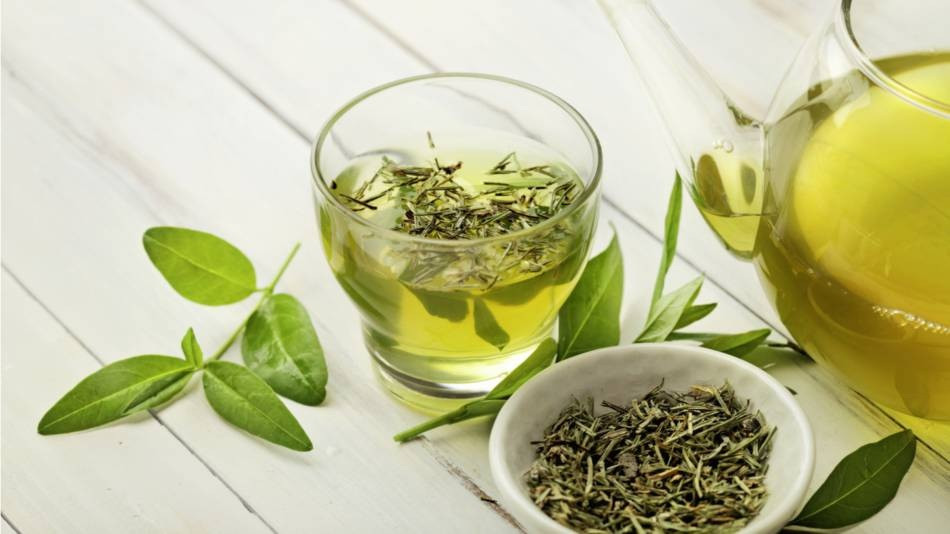
Drinking green tea is good for the liver, but too much is harmful to the liver. Illustration: Consumerlab
Tea, especially green tea, contains compounds called catechins, which have antioxidant and anti-inflammatory effects. Studies suggest that these compounds may help reduce the risk of non-alcoholic fatty liver disease.
Green tea catechins may also help prevent liver cancer. But it is best to use green tea rather than supplements. Green tea supplements, when taken in excess, have been linked to liver damage.
Olive oil
Olive oil contains phenols and monounsaturated fatty acids (MUFAs), which are known to be good for the heart. Researchers found that when 100 people at high risk of heart disease followed a Mediterranean diet supplemented with olive oil, their risk of non-alcoholic fatty liver disease was reduced.
In fact, several studies have looked at the effects of olive oil consumption on people with non-alcoholic fatty liver disease. Researchers noted improvements in liver health when people added between 2 and 9 tablespoons of olive oil to their diet.
